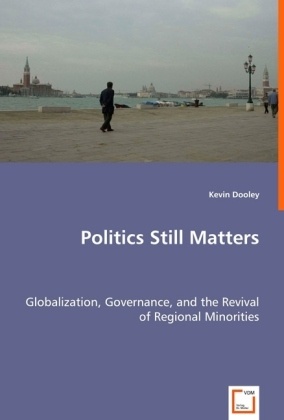Read more
For the better part of three and one half centuries, the nation-state has been valued as the logical instrument of governance and citizen protection. The years following the end of the Cold War have convinced certain academics that the process known as globalization is undermining the supposed "unbridled" power of the nation-state. They have argued that new, re-imagined, or reconfigured identities have emerged and been empowered as a result of globalization and therefore demonstrated the hypothesis that the nation-state is losing its sovereignty.This book rethinks and contests this hypothesis by demonstrating that the processes of globalization are not solely responsible for the emergence or re-emergence of the many national/religious identities in the world today. Another and equally as important component is the transformation of the international system from one that is state-driven to one that is supra and sub-state driven.The European Union and the re-conceptualized notion of a 'Europe of regions' has allowed certain regional minorities the ability to reclaim their unique national identities within the backdrop of a globalized society.
About the author
Kevin Dooley is an independent networking consultant who hasbeen designing and implementing networks for more than ten years. In thattime he has built large scale Local and Wide Area Networks for severalof Canada's largest companies. He holds a PhD in physics from theUniversity of Toronto and is the author of Designing Large-Scale LANs.

